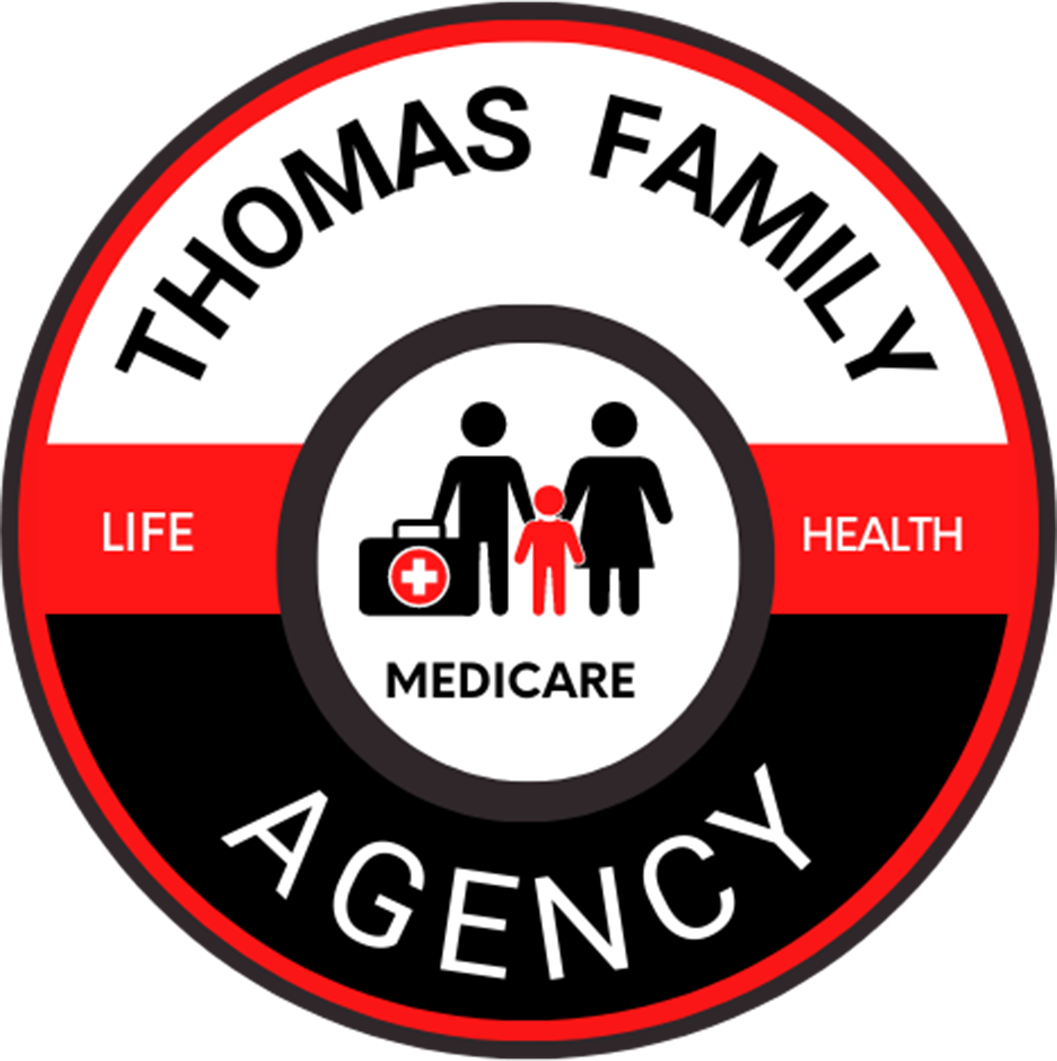As March 1-7 marks Hearing Awareness Week, it's crucial to spotlight the often-overlooked aspect of hearing health. Many individuals are unaware of how critical it is to understand Medicare coverage options for hearing care. With hearing needs varying by person, knowing the ins and outs of Medicare coverage can significantly impact those experiencing hearing loss.
Routine Hearing Care
Traditional Medicare does not provide coverage for routine hearing exams, hearing aids, or fitting exams. This absence of coverage can lead to substantial financial burdens for individuals needing hearing aids, which are often crucial for maintaining quality of life as we age.
Medicare Advantage Options
On the other hand, Medicare Advantage (Part C) plans typically include coverage for annual hearing tests and hearing aid fitting exams. However, it's essential to be aware that these plans may come with certain limitations, like copayments, benefit caps, or restrictions on purchase frequency—perhaps only allowing new hearing aids every two or more years.
Diagnostic Exams
Medicare Part B provides coverage for diagnostic exams related to hearing loss and other associated conditions, such as balance disorders or tinnitus, when ordered by an eligible provider. This category of coverage ensures that hearing issues can be accurately diagnosed and effectively treated.
Out-of-Pocket Costs
For Medicare Part B diagnostic exams, beneficiaries typically pay a 20% coinsurance after meeting their annual deductible. If the deductible has already been satisfied through another Part B service, only the coinsurance might be applicable. Supplemental Medigap plans can help cover these additional out-of-pocket costs, offering some financial relief.
Other Assistance Options
There are other resources available for individuals in need of hearing aid assistance, such as Medicaid, veterans' benefits from the VA, or charitable organizations. Furthermore, the 2022 approval of over-the-counter hearing aids offers a more affordable solution for those with mild to moderate hearing loss.
Addressing your hearing care needs and understanding the relevant Medicare options is imperative for safeguarding your hearing health. Understanding what's available can ensure you receive the necessary support. If you’d like to review your Medicare plan or explore options that may help support your hearing care needs, please feel free to reach out. Encourage readers to get in touch for personalized guidance or to schedule a consultation to review their hearing care coverage.
Let's Chat!
Book a No Cost Review today— no commitment, just a friendly conversation about your needs.
Contact Us
We will get back to you as soon as possible.
Please try again later.
TPMO Disclaimer: We do not offer every plan available in your area. Any information we provide is limited to those plans we do offer in your area. Please contact Medicare.gov or 1-800-MEDICARE (TTY users should call 1-877-486-2048) 24 hours a day/7 days a week to get information on all of your options.
Not affiliated with or endorsed by the government or Federal Medicare Program.
© 2025 THOMAS FAMILY AGENCY
